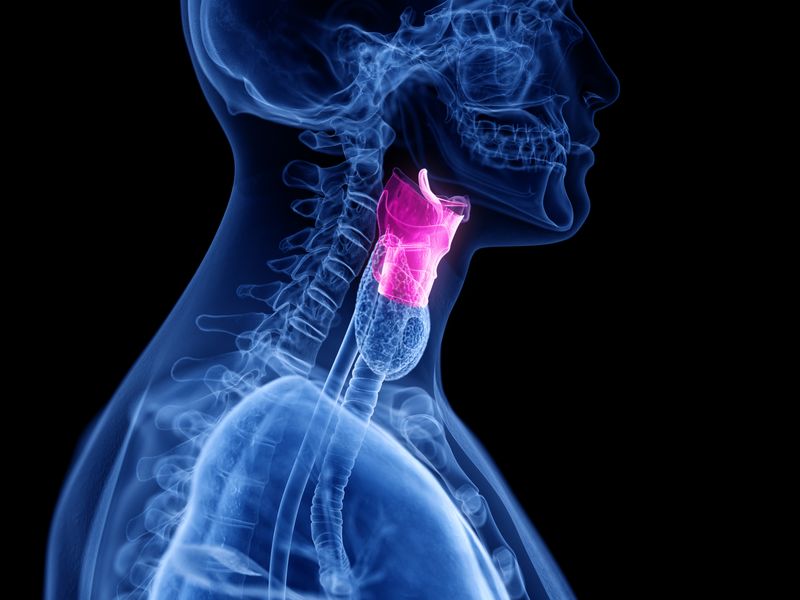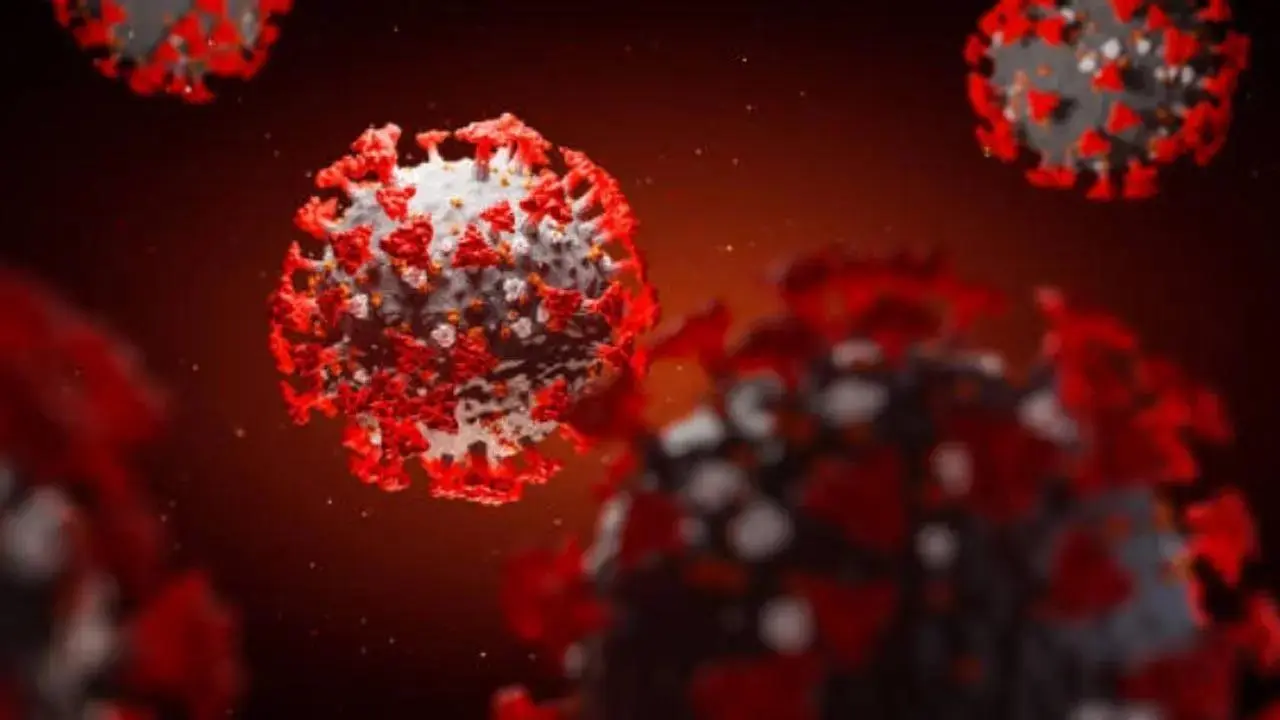In Massachusetts, a 15-year-old girl has experienced vocal cord paralysis following a COVID-19 infection, marking a unique case among adolescents.
The otherwise healthy teenager visited Massachusetts General Hospital’s emergency room nine days after testing positive for COVID-19, where doctors diagnosed her with bilateral vocal cord paralysis, a condition where both vocal cords are immobile.
According to a report published in the journal Pediatrics on Tuesday, this condition was identified as a “downstream effect” of COVID-19.
“Given how common this virus is among children, this newly recognized potential complication should be considered in any child presenting with a breathing, talking or swallowing complaint after a recent COVID-19 diagnosis,” explained Danielle Reny Larrow, a resident at Mass Eye and Ear and the study’s first author.
“This is especially important as such complaints could be easily attributed to more common diagnoses such as asthma.”
The girl underwent extensive testing including blood work and cerebrospinal fluid analysis.
Despite undergoing speech therapy with no improvement, she eventually required a tracheostomy—a surgical procedure to create an alternate airway through the neck—which she relied on for 15 months. The exact timing of her diagnosis and treatment was not disclosed.

“It was highly unusual to have a young, healthy, vibrant high schooler lose one of their important cranial nerves such that they can’t breathe,” remarked Dr. Christopher Hartnick, senior author of the study and director of the Division of Pediatric Otolaryngology and Pediatric Airway, Voice and Swallowing Center at Mass Eye and Ear.
The teenager eventually recovered sufficiently to attend her high school graduation and prom without the tracheostomy, 15 months after the procedure.
Typically, vocal cord paralysis is more common in adults and often attributed to COVID-19-related nerve damage known as post-viral neuropathy.
“This happens to be the first case of a teen losing their speech under these circumstances, revealing previously unexpected complications that could arise from COVID-19 in youth cases,” noted Hartnick.
“The fact that kids can actually have long-term neurotrophic effects from COVID-19 is something that is important for the broader pediatric community to be aware of in order to be able to treat our kids well,” he added.
